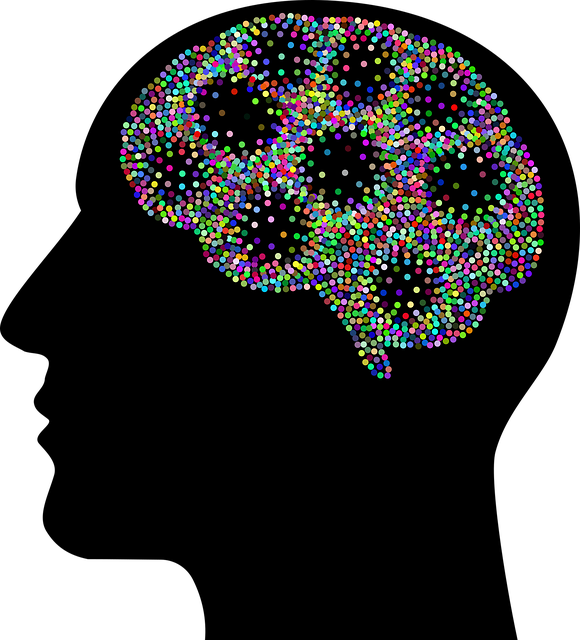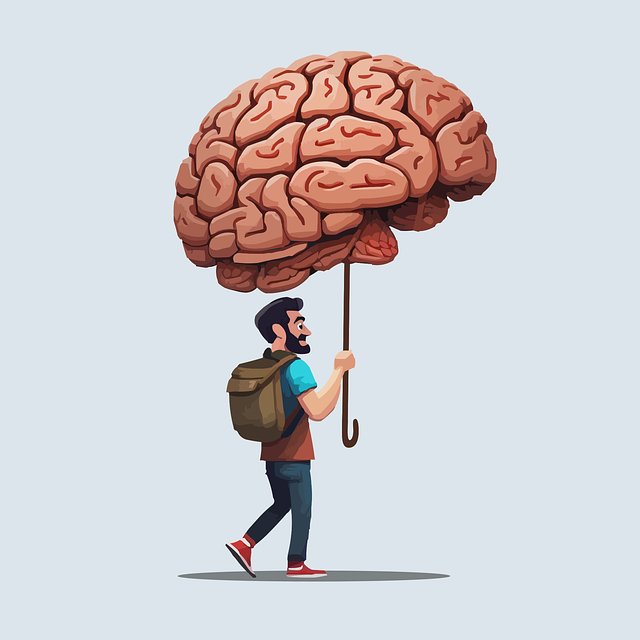Mental wellness self-assessment tools, incorporating personalized approaches like Parker Exposure and Response Prevention (ERP) Therapy, empower individuals to manage their emotional well-being by identifying unique challenges and coping mechanisms. Organizations can leverage these strategies through community outreach programs, promoting effective mental health support. ERP therapy, developed by Dr. Michael Parker, challenges negative thought patterns, helping patients rewire emotional reactions for conditions like social anxiety, OCD, and PTSD. Digital platforms enhance these tools with interactive features, continuous monitoring, and personalized feedback, making mental wellness management more accessible and proactive in today's digital age. Regularly evaluating and refining assessments, including validated psychological measures, ensures their effectiveness and user engagement.
Mental wellness self-assessment tools are gaining prominence as individuals seek more personalized ways to monitor their psychological well-being. This article delves into the development of these tools, highlighting the crucial need for customized approaches. We explore innovative techniques like Parker Exposure and Response Prevention (ERP) Therapy, a promising method showing significant results. By examining key components, integrating technology, and focusing on user engagement, we can create accurate, accessible self-assessment tools to enhance mental health monitoring.
- Understanding Mental Wellness Self-Assessment: The Need for Personalized Tools
- Parker Exposure and Response Prevention (ERP) Therapy: A Promising Approach
- Designing Effective Self-Assessment Tools: Key Components
- Integrating Technology: Digital Platforms for Accessible Mental Health Monitoring
- Evaluating and Refining Self-Assessments: Ensuring Accuracy and User Engagement
Understanding Mental Wellness Self-Assessment: The Need for Personalized Tools

Mental wellness self-assessment tools play a pivotal role in empowering individuals to take charge of their mental health. These tools provide a structured framework for people to evaluate their emotional well-being, identify potential issues, and gain insights into their coping mechanisms. However, one size does not fit all when it comes to mental wellness; thus, the development of personalized assessment tools is essential. This approach ensures that each individual receives tailored guidance relevant to their unique experiences and challenges.
Personalized self-assessment can be particularly effective in addressing diverse mental health concerns, such as those targeted by Parker Exposure and Response Prevention (ERP) Therapy. ERP therapy focuses on modifying unhelpful responses to stressful or traumatic events, offering a targeted intervention for specific issues. By incorporating tailored assessment tools, organizations like Stress Management Workshops and Community Outreach Programs can effectively identify individuals’ needs, enabling them to design interventions that are more likely to be successful and meaningful in promoting mental wellness within their communities.
Parker Exposure and Response Prevention (ERP) Therapy: A Promising Approach

Parker Exposure and Response Prevention (ERP) Therapy is a promising approach in mental wellness self-assessment and treatment. This therapeutic method, pioneered by Dr. Michael Parker, focuses on gradually exposing individuals to stressful or anxiety-inducing situations while preventing them from engaging in habitual coping responses. By doing so, ERP helps patients rewire their emotional reactions, fostering greater resilience and improved mental wellness over time.
This innovative therapy is particularly effective for various conditions, including social anxiety disorder, obsessive-compulsive disorder (OCD), and post-traumatic stress disorder (PTSD). In the context of Burnout Prevention Strategies for Healthcare Providers, ERP can play a significant role in enhancing emotional intelligence by teaching individuals to manage their responses to high-stress environments. Through controlled exposure, patients gain a deeper understanding of their triggers and develop healthier coping mechanisms, thereby promoting better mental wellness and overall professional satisfaction.
Designing Effective Self-Assessment Tools: Key Components

Effective self-assessment tools for mental wellness should incorporate several key components to ensure they are both comprehensive and user-friendly. One such tool that has gained prominence in recent years is Parker Exposure and Response Prevention Therapy (ERP), which focuses on challenging and modifying negative thought patterns and behaviors. This therapeutic approach emphasizes the development of self-awareness, encouraging individuals to actively participate in identifying their triggers, exposing themselves to feared situations, and preventing avoidance responses. By integrating these ERP principles, self-assessment tools can facilitate a deeper understanding of one’s mental health landscape.
Moreover, successful tools should promote self-esteem improvement by providing users with actionable feedback and strategies for stress management. Workshops organized by organizations specializing in mental wellness can offer valuable insights into positive thinking techniques, helping individuals develop resilience and cope with challenges. Incorporating interactive elements, such as journaling prompts or mindfulness exercises, enhances engagement and encourages consistent use. Such tools aim to empower users by equipping them with the skills to manage their mental health proactively.
Integrating Technology: Digital Platforms for Accessible Mental Health Monitoring

In today’s digital era, integrating technology into mental wellness self-assessment tools has revolutionized the way individuals monitor and support their inner strength development. Online platforms offer accessible and convenient solutions for those seeking depression prevention strategies, providing a safe space to track symptoms, mood patterns, and triggers. These digital tools often incorporate interactive features like journaling prompts, meditation exercises, and personalized feedback, fostering a more engaged approach to mental health management.
One notable therapy that has benefited from this integration is Parker Exposure and Response Prevention (ERP) Therapy. Digital platforms can simulate the therapeutic environment, enabling individuals to practice exposure techniques and develop effective communication strategies in a controlled digital space. This innovative use of technology not only increases accessibility but also allows for continuous monitoring and adjustment of treatment plans, ultimately enhancing the effectiveness of mental wellness interventions.
Evaluating and Refining Self-Assessments: Ensuring Accuracy and User Engagement

Evaluating and refining self-assessment tools is a crucial step in ensuring their effectiveness and accuracy. To achieve this, it’s essential to incorporate validated psychological measures that align with evidence-based practices, such as Parker Exposure and Response Prevention (ERT) Therapy. This approach ensures that the assessments not only capture the user’s current mental state but also predict potential areas for improvement. By integrating techniques like those used in Social Skills Training and Stress Management, self-assessment tools can be tailored to address specific needs, fostering more meaningful engagement.
Regular updates based on user feedback and new research findings are vital to keep assessments relevant and engaging. Incorporating interactive elements, clear instructions, and diverse response options enhances the user experience, encouraging consistent participation. Additionally, providing interpretative feedback that offers actionable insights supports emotional well-being promotion techniques, enabling individuals to actively manage their mental health journeys.
The development of personalized mental wellness self-assessment tools is a crucial step forward in addressing the growing need for accessible and effective mental health monitoring. By integrating innovative approaches like Parker Exposure and Response Prevention (ERP) Therapy, these tools offer individuals a convenient way to assess their mental state and take proactive steps towards well-being. With a focus on key components such as validated questionnaires, user engagement, and precision, along with the potential of digital platforms, self-assessments can become powerful resources for enhancing mental health awareness and support.














